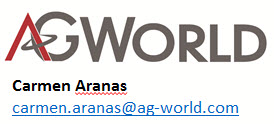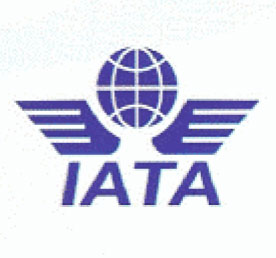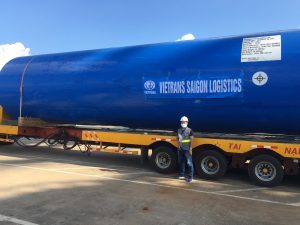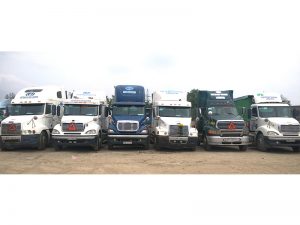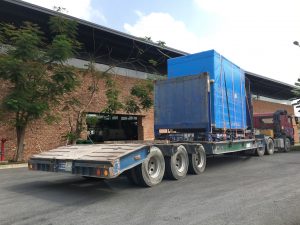TUYỂN DỤNG
Nhân viên kinh doanh (Sales Executive) – Ref: S02
Với mục đích củng cố – phát triển mối quan hệ với khách hàng hiện tại, tìm kiếm – tiếp cận khách hàng mới, Chúng tôi tìm kiếm những ứng viên trẻ, năng động cùng chung tay xây dựng thương hiệu Vietrans Saigon ngày càng lớn mạnh.
SẢN PHẨM & DỊCH VỤ
GIÁ TRỊ CỐT LÕI
ĐƯỢC VIẾT BỞI CEO
Thành công của Doanh nghiệp ngày nay phụ thuộc rất lớn vào những quyết định then chốt kịp thời của Nhà quản lý. Từ đó, để tạo điều kiện thuận lợi nhất cho khách hàng, đối tác Logistics phải ngày càng linh hoạt, sáng tạo và hướng đến khách hàng, với mức chi phí cạnh tranh nhất. 45 năm Logistics cùng Việt Nam, không ai hiểu điều này hơn chúng tôi, Vietrans Saigon Logistics.
GIỚI THIỆU
YÊU CẦU BÁO GIÁ NHANH
THƯ VIỆN HÌNH ẢNH
Ý KIẾN KHÁCH HÀNG
I have only positive things to say about working with Vietrans Saigon Logistics. You most definitely are on top of all shipments and are sure to give them the required attention they need. It made my job a lot easier. I really enjoy working with you and hope to have new business ...
Yanira Caraveo - Account Executive, Air & Ground World Transport - LAX
Thanks for your good effort. We do so appreciated your excellent help.
Shiojiri, "K"LINE LOGISTICS JAPAN
ĐỐI TÁC



